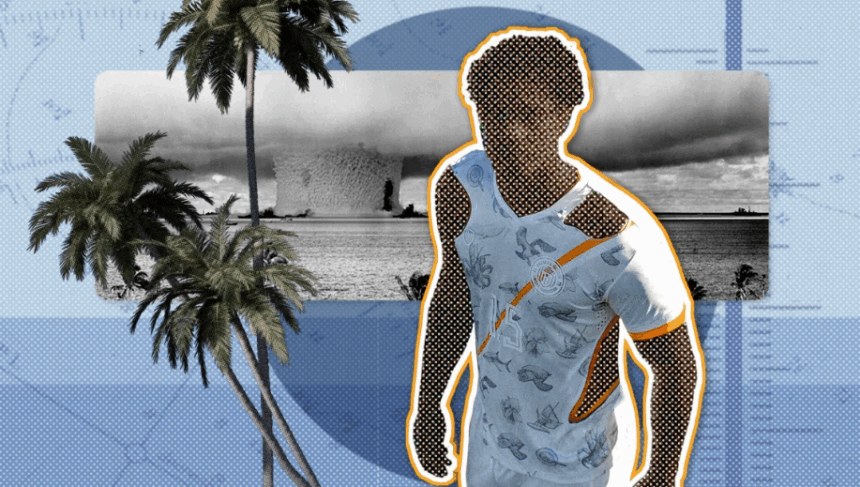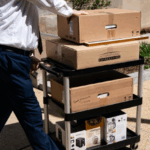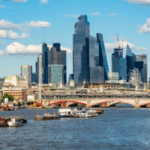Facing the dual threats of rising sea levels and a radioactive legacy from Cold War-era nuclear testing, the Marshall Islands is turning to an unlikely ally in its fight for global recognition and environmental justice: soccer.
The Pacific island nation, comprising 29 atolls and five islands, is the only United Nations member without a recognized international 11-a-side football team. Now, the Marshall Islands Soccer Federation is aiming for FIFA membership by 2030 — not just to join the global game, but to amplify a message about the country’s existential challenges.
At the heart of the campaign is the upcoming “Outrigger Cup,” a four-team international tournament set for August in Springdale, Arkansas — home to the largest Marshallese community outside the islands. The Marshall Islands will compete against FIFA member nations Guam, the US Virgin Islands, and the Turks and Caicos Islands in their first-ever full-sided international matches.
“This project started with football, but we soon realized we had a duty to talk about the bigger issues,” said Matt Webb, head of commercial at the Marshall Islands Soccer Federation. “Climate change, displacement, the nuclear legacy — these are things we can’t ignore.”
To highlight their cause, the federation has released a striking national team jersey. Decorated with island motifs and the national colors, it features the number “1.5” — a reference to the Paris Agreement target to limit global warming to 1.5°C. A quote from Marshallese poet Kathy Jetnil-Kijiner — “We deserve to thrive” — is etched onto the shirt.
But the jersey’s design took a symbolic turn on social media, where portions of the shirt appeared to disappear in each new post, mimicking the gradual erosion of the islands due to rising seas. NASA reports sea levels around the Marshall Islands have risen nearly 10 centimeters over the past 30 years and could increase by almost double that in the next three decades, putting communities at increasing risk of flooding.
Founded in 2020 by Shem Livai, the federation was inspired by his son’s love for the sport. With no structured league or facilities, British volunteers Webb and Lloyd Owers stepped in to build programs from scratch. Using basketball courts for futsal, importing equipment, and training local coaches, they’ve laid the groundwork for a grassroots football movement.
Their long-term ambition is clear: field a competitive national team and bring global attention to the Marshall Islands’ pressing issues. “Football is a tool,” said Owers. “If it helps unite the Marshallese diaspora and raise awareness for the challenges back home, then we’re already winning.”
As the Marshall Islands prepares for its historic debut this summer, the stakes extend far beyond the pitch — offering a powerful reminder of what’s at risk if global action fails to match the urgency of their fight.










